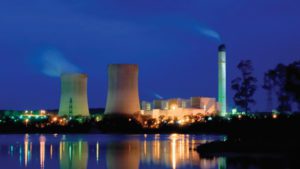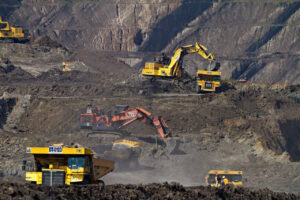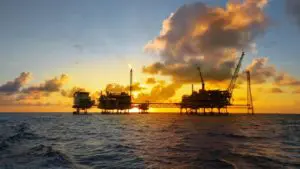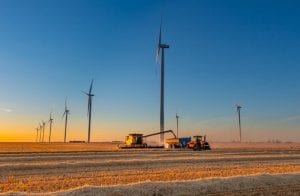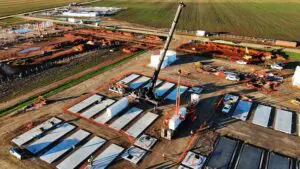Origin Energy CEO Frank Calabria has stressed the key role national emissions reduction targets will play in guiding the smooth transition of Australia’s energy market to low-carbon generation.
In comments at Origin’s half-year results presentation on Thursday morning, Calabria said the industry needed clarity around the federal government’s emissions reduction targets – including “how they want to meet (them), and what they want those targets to be” – in order to know how quickly renewable energy generation would need to be rolled out.
“We really support that there be coordination between climate and energy policies,” Calabria said, “then industry will get a signal of what environment we’re investing into.
“We do need to make long-term asset decisions. You need to understand at what rate renewables will come in, and how that will be supported. That’s the real thing that we want.”
Currently, the Turnbull government has no emissions target beyond 2030, by which time it is committed to reduce the nation’s greenhouse gas emissions by 28 per cent, based on 2005 levels.
The policy, as it stands, has been criticised both domestically and internationally for being short on ambition, disproportionate to Australia’s emissions per capita, and lacking in long-term vision, with most state governments in Australia, and many of its international peers, having set much higher 2030 targets, as well as targets for 2050.
Earlier on Thursday, Frontier Economics’ Danny Price echoed these criticisms, telling ABC Radio’s Am program that the Turnbull government having “no policy” to actually achieve its emissions target.
“It has no policy to achieve it itself on a national level, but it is critical of the states who have stepped into the policy vacuum created by there being no national policy,” Price said.
“I looked at the extent to which those state targets, renewable targets, will achieve the 28 per cent reduction, and lo and behold, if nothing changes in terms of current policy settings, those state targets… actually achieve the 28 per cent reduction with no national policy.
“And I figure that the Federal Government must know this, and so it gets the opportunity to criticise the states for these schemes for being expensive and leading to greater insecurity, which will certainly happen, while claiming the benefits of the emissions reductions. So it doesn’t have to do anything and still meet its targets,” Price said
Origin, which was today keen to talk about the role gas-fired generation will play in balancing a renewables heavy grid, also remains Australia’s largest solar contractor, having signed another 275MW of large-scale solar power purchase agreements in the first half of 2017.
In its first half results announcement, the company said its procurement of renewable energy generation had helped it to keep its power prices below those of the national wholesale market.
“We do love that going forward we have both renewable energy and gas combined,” Calabria said.


